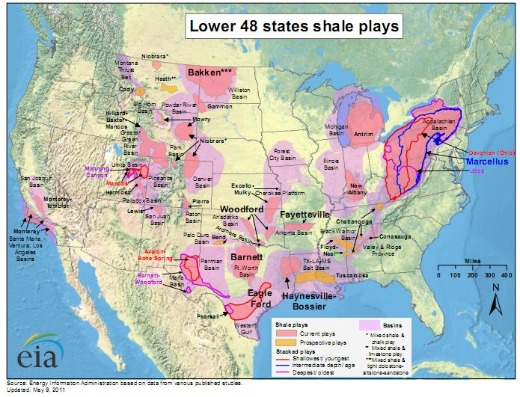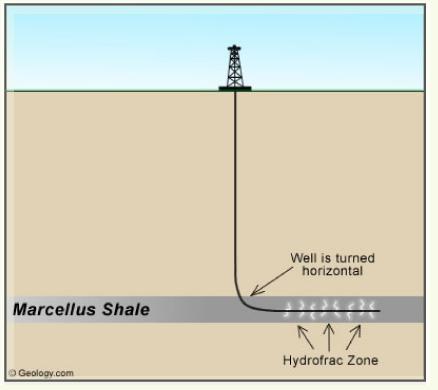Ramparts of Civilization has long been an focused observer of the interesting politics of radical environmentalism, global warming hysteria, and the unstated but aggressive agenda of such proponents to “own the truth”, subjugate rational science, and fundamentally contain individual freedom and pursuit of happiness. Ramparts’ February 21, 2012 essay “Peak Oil Joins the List“ reviewed how the conversion of objective science into “settled science” was used to create the sense of inevitability in outcome and firm up the religious overtones of the underlying socialist agenda of radical environmentalism, and how the concept of “peak oil”, the exhaustion of all known petroleum energy reserves now in permanent decline, was used to reinforce the need to reduce energy utilization and fund other “more acceptable” alternatives.
The largest problem with the theory of peak oil is that it frankly is turning out to be dead wrong. Carbon based energy in the form of petroleum and natural gas has been responsible for the largest economic improvement in the status of the individual in history, with such security as provided in individual transport, inexpensive food, and availability of cheap energy for comfortable living and economic pursuit. The reality of the side product of increased carbon dioxide emissions in its utilization left the door open to radical environmentalists as associating this form of energy as “evil” and with its implied source exhaustion, in need of immediate abandonment. As available sources saw their decline around 2000, the public was left vulnerable to the scare tactics of staying “addicted” to this diminishing evil resource. The radicalists didn’t however take into account the power of technology to unravel all their assumptions. A small group of energy pioneers in the 1990s were already on to unleashing the motherlode of earthbound carbon energy locked in source rock thousands of feet deeper to the standard well drills. Source rock is the “Mississippi” of petroleum reserve that has over the millions of years fed the “ponds” of easier to obtain oil and gas previously uncovered with classical vertical drilling techniques. The fully developed technology of “Fracking” – horizontal drilling and hydraulic rock fracturing – has managed to revolutionize the energy industry in the United States and astoundingly potentially put itself in reach of energy independence.
Receiving almost no help from a federal government already married to the concept of peak oil, small private firms began to explore the possibilities of fracking, and in a few short years, have made the states of North Dakota and Pennsylvania among others into growing energy industry stars, providing huge economic benefits to their states. The known Shale Oil fields in the United States makes almost two thirds of the nation a potential harvestor of the resource.  The stunning realization that the United States, so recently at the mercy of the Middle East oil cartel,may potentially become a net energy exporter for the first time since 1947, has huge strategic implications.
The stunning realization that the United States, so recently at the mercy of the Middle East oil cartel,may potentially become a net energy exporter for the first time since 1947, has huge strategic implications.
Now that fracking has unleashed the availability of inexpensive and potentially 100 year supplies, the fight will go to arguments of the safety of the process. Radical environmentalists, cornered in their argument regarding the inevitable end of available petroleum as the need to go to more expensive alternatives, now are focusing on the technique of fracking and the implied risk to water resources and soil environment. As we need to do with all technologies, a rational risk benefit assessment needs to be done based on occurrence not assumption. In a not to be missed interview with Peter Robinson’s Uncommon Knowledge, Trevor Rees-Jones of Chief Energy Corp, a pioneer in fracking, brings us some much needed perspective on the petroleum revolution under way and its implications. The coming national election will go a long way to determining if the future expressed by Mr. Rees-Jones becomes our shared future:

